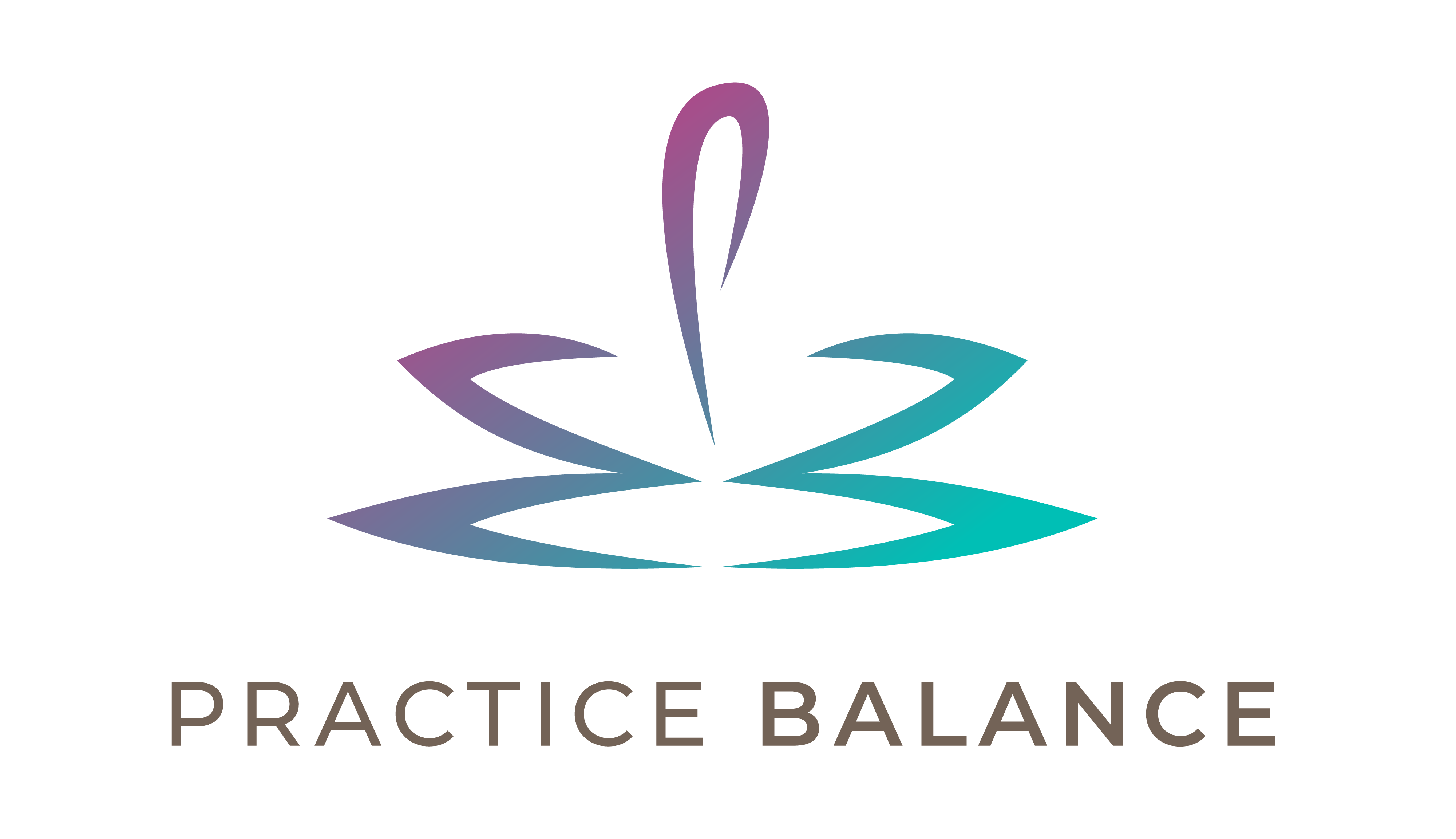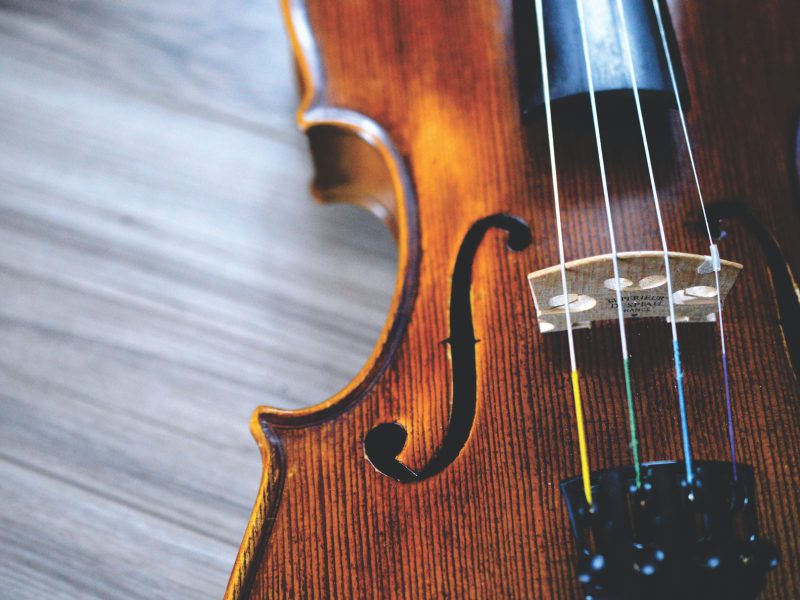Whenever I’m interviewed, I get asked the question, “How do you define balance?” I took a crack at discussing this back in the early days of the blog, but it’s a nebulous term that’s continuously worth examining.
Like other things, balance is something you know when you experience it. And you definitely know when you have the opposite.

Balance conjures up lots of metaphors and imagery – the legal scales, the teeter-totter, the spinning of plates. Recently, in discussing the meaning of balance with several people, I realized my favorite analogy for balance: an orchestra!
Orchestral music has a special place in my heart. For years, starting at age 12 (and even younger if you count summer music camps), I played the cello with fairly serious intensity. I participated in the city youth symphony. I played in the stage pit for high school musicals. I gigged in quartets. I competed in regionals and summer concert exhibitions (the equivalent of state championships in sports).
The cello was my first foray into balancing roles in my life other than “kid”, “daughter”, “sister”, etc. It was my main hobby in addition to playing the piano, and I had to learn how much time I could dedicate to practice and improvement while also keeping up with school and friends. When high school started, I was suddenly recruited by multiple sports teams (being that I was 6’1″ at 14 years old). But the seats in my personal orchestra were already full; I never joined any of the teams. After considering the addition of “athlete” to my roles in life at that young age, I decided I wanted to keep it simple.
Balance is an orchestra
If balance is an orchestra, you are the conductor. The different instrument sections represent the multiple roles you play in your life. Those roles might be:
- the parent
- the child
- the spouse
- the friend
- the professional
- the teacher
- the student
- the athlete
- the artist
In a classical music composition, there are times when all the instruments are playing together. But the levels of intensity for each are different. They’re never playing at the same volume, with the same intensity, at the same time. This would sound grating to the ears. Many people believe balance means equal distribution of all roles and responsibilities at one time, but this is not sustainable or pleasurable.
At other times, specific instruments have solos. During the solos, other instruments might be playing very softly in the background providing supportive tones. Some instruments will be completely silent; this is appropriately called “resting.” The players of those instruments are quietly following along with the music, waiting for their turn to contribute.

When’s the last time you consciously put one of your roles on the back burner to completely “rest”? The reality is that some instruments in your personal orchestra will never get to rest – like the role of parent or child. But at times, others are going to need to be silent. I’ve rested the student in me when I took sick leave during residency, and man was it hard to silence that instrument – always wanting to play and contribute and be productive. I’ve rested the athlete in me when I went through in vitro fertilization – another difficult role to keep quiet when you’re used to continuously reaching for goals. And I’ve rested the doctor in me when I’ve been a patient myself.
Balance is in the eye of the beholder
Some people prefer the music of a full-blown symphony, replete with brass, woodwinds, and percussion. I have a friend and mentor who always thrives when she has lots of things on her plate. She derives great energy from it. Others (like me) prefer a simpler string ensemble. Ever since I experienced my life-changing health crisis, I’ve known that I require fewer roles in my life in order to maintain a proper level self-care for me. And this realization has only been reinforced by my continuing practice of self-reflection.
Neither of these instrumental groups makes more beautiful music than the other. Just like stress, and just like balance, the beauty is in the eye of the beholder.
What are the current instruments in your orchestra of balance? Share them in the comments below!
[A version of this post appeared on the website Doctors on Social Media.]


 We’re ALL Helping
We’re ALL Helping

[…] work-life balance is highly individual. It’s also fluid. I like to think of balance like an orchestra: the various roles you hold in your life (physician, parent, child, spouse, runner, knitter, […]